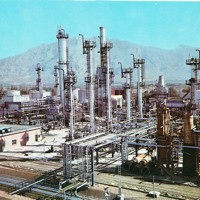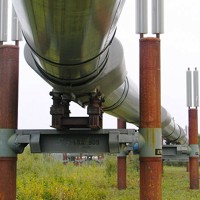
The latest round of nuclear negotiations between Iran and the P5+1 countries came to a stalemate in Moscow last week, as the two sides once again failed to bridge their differences. Although the previous meeting in Istanbul generated some optimism that a mutually satisfactory solution to Iran’s nuclear program could be within reach, these hopes turned out to be premature in light of the negotiating positions the parties have taken over the past several months. It is now obvious that Western powers were wrong to expect that increased unilateral economic sanctions on Iran could effect some change in Iran’s negotiating […]


